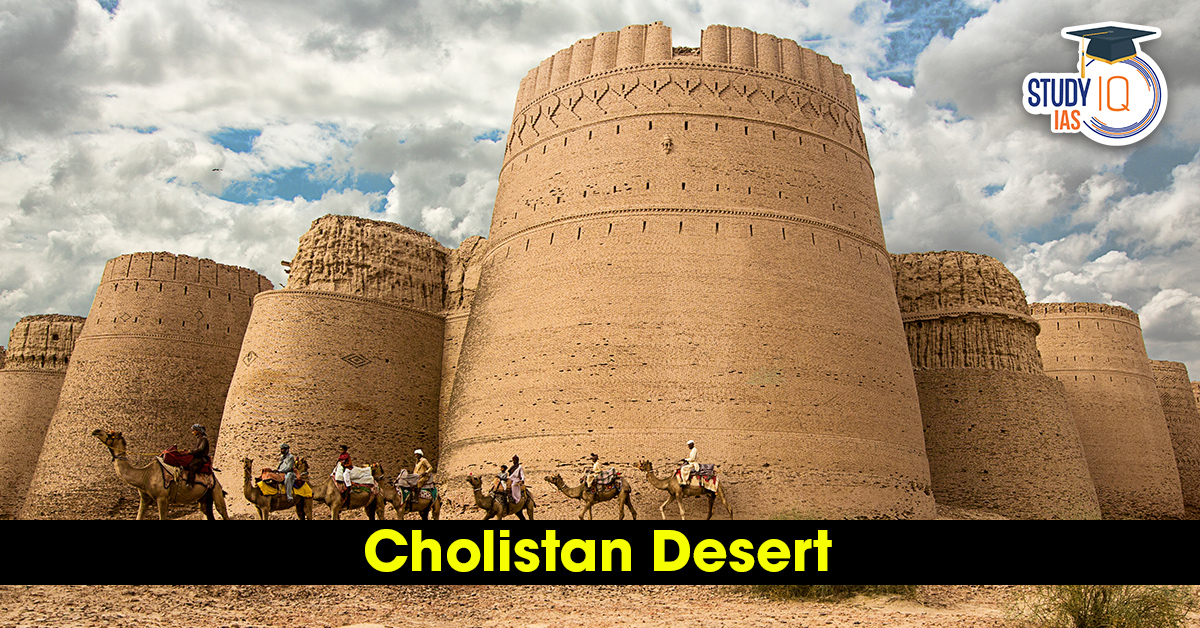Table of Contents
In a significant policy reversal, the Government of Pakistan has decided to halt the Cholistan Canal Project, a major component of the Green Pakistan Initiative (GPI) launched in 2023. This move comes after widespread protests and environmental concerns, particularly in the Cholistan Desert region of southern Punjab.
What Is the Cholistan Canal Project?
The Cholistan Canal Project was envisioned as a transformative infrastructure development under the broader Green Pakistan Initiative (GPI). GPI aimed to modernise Pakistan’s agriculture sector through:
-
Construction of new irrigation canals
-
Introduction of advanced farming technologies
-
Promotion of sustainable farming practices
-
Expansion of cultivable land in arid regions
Key Objectives of the Cholistan Canal:
-
Irrigate approximately 1.2 million acres of barren land in the Cholistan Desert.
-
Convert desert land into fertile farmland in southern Punjab.
-
Increase agricultural productivity and improve food security.
-
Provide livelihoods to thousands of farmers and residents in underdeveloped regions.
Why Was the Project Halted?
Despite its ambitious goals, the project faced growing resistance from local communities, environmental activists, and water conservation experts. The reasons behind the widespread protests include:
1. Environmental Impact
-
The Cholistan Desert is part of a fragile arid ecosystem.
-
Experts warned that disrupting its natural balance could lead to soil degradation, waterlogging, and loss of biodiversity.
2. Water Scarcity
-
Critics argued that diverting water to the new canal system could deprive other agricultural regions and urban centers already facing acute water shortages.
-
Pakistan is already classified as a water-stressed country, making large-scale canal projects controversial.
3. Displacement and Land Ownership Issues
-
Local tribal groups and nomadic communities in the region claimed that the project would displace indigenous populations and threaten their traditional way of life.
-
There were also disputes over land acquisition and distribution rights.
About the Cholistan Desert
-
The Cholistan Desert is located in southern Punjab in Pakistan.
-
It is part of the larger Thar Desert, which stretches across Sindh (Pakistan) and into Rajasthan (India).
-
The name “Cholistan” is derived from Turkic and Persian origins, meaning “Land of Sands.”
-
The region is home to nomadic tribes, camel herders, and ancient forts, and has rich cultural and historical significance.
About the Green Pakistan Initiative (GPI)
Launched in 2023, the Green Pakistan Initiative was designed to:
-
Combat climate change
-
Increase green cover
-
Promote water-efficient agriculture
-
Develop sustainable infrastructure in arid zones
The Cholistan Canal Project was among the most ambitious components of this initiative, but the growing public dissent has led the government to pause and reassess its feasibility and ecological consequences.
What Happens Next?
The government has announced that it will review the project’s environmental impact assessments (EIAs) and engage in dialogue with stakeholders, including environmentalists, community leaders, and water experts.
There is also speculation that the government may restructure or relocate the project to a less environmentally sensitive area or implement alternative water management solutions.
Conclusion
The halting of the Cholistan Canal Project underlines the growing tension between development and environmental conservation in Pakistan. While the Green Pakistan Initiative remains a bold step toward sustainable agriculture, its execution must balance economic growth with ecological responsibility.
The situation also highlights the importance of inclusive policymaking, ensuring that local communities and environmental experts have a say in projects that directly affect their land, water, and livelihoods.


 Should the Age of Consent Be Lowered?
Should the Age of Consent Be Lowered?
 Greenhouse Gases Emission Intensity Targ...
Greenhouse Gases Emission Intensity Targ...
 Environmental Protection Fund Rules, 202...
Environmental Protection Fund Rules, 202...

























